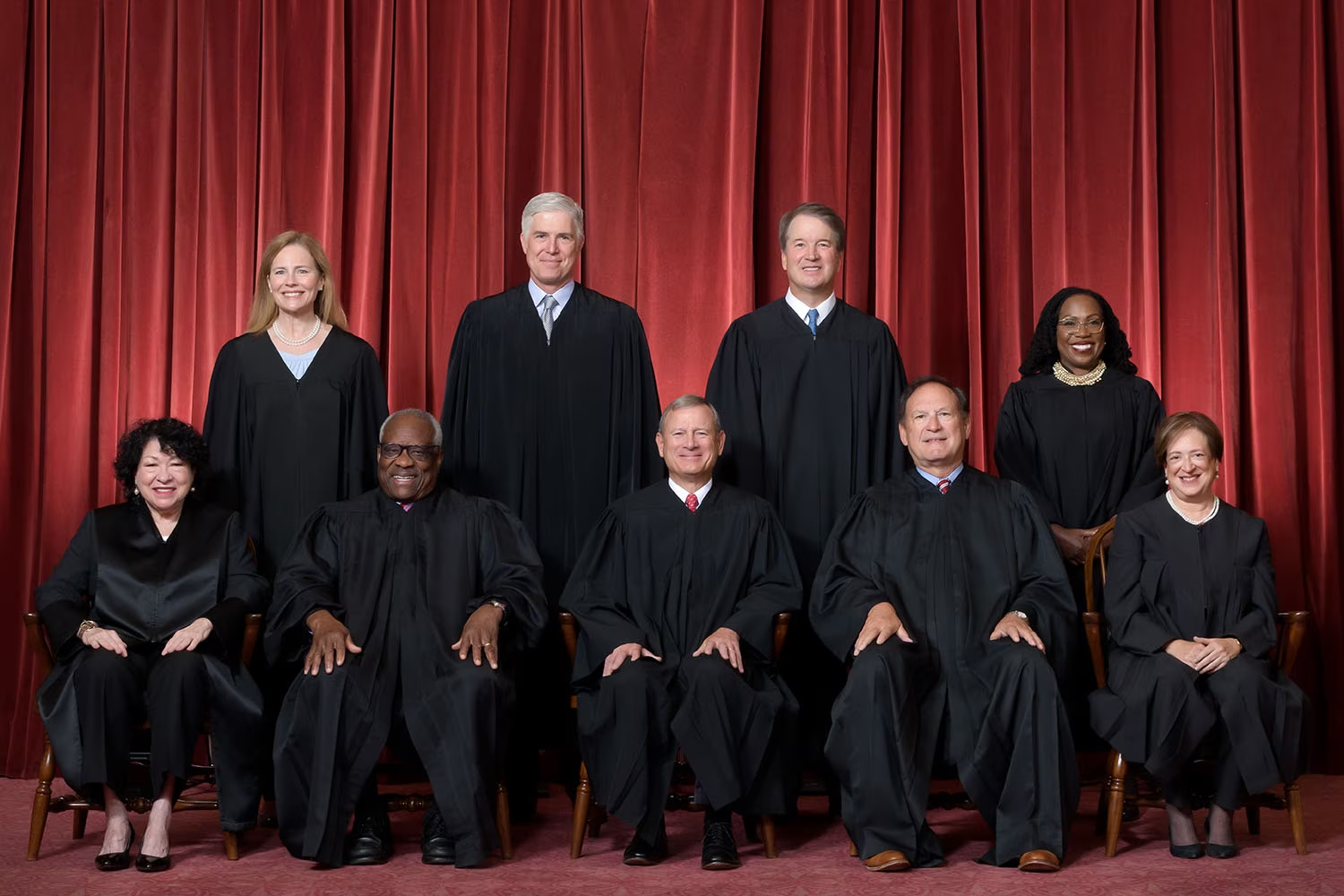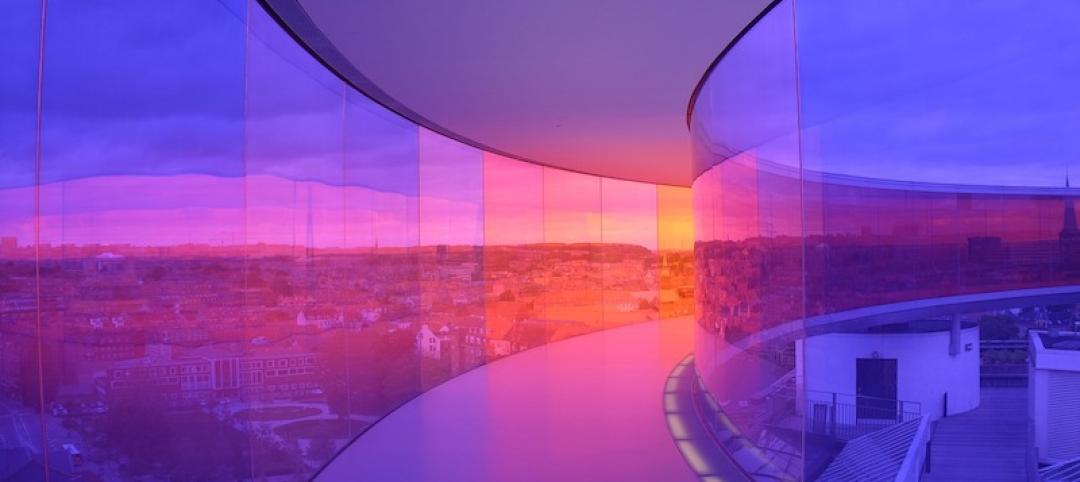A recent Supreme Court decision that substantially narrowed the Environmental Protection Agency’s authority to regulate millions of acres of wetlands is expected to open more land for development.
More than half of the nation’s wetlands could lose protection under the Clean Water Act, according to environmentalists and legal analysts. This concerns water quality advocates who fear the ruling will lead to degraded water supplies.
From a developer’s perspective, projects will have fewer regulatory hurdles to overcome, making them faster to move from conception to construction. This could make new housing developments more financially viable during a time of acute housing shortages in many areas of the U.S., they point out.
The case, Sackett v. Environmental Protection Agency, involved an Idaho couple who tried to build a house on property they’d purchased. The couple filled a soggy part of the property with sand and gravel to prepare for construction. The EPA ordered them to halt construction and return the property to its original state. The couple then sued the agency.
Related Stories
Codes and Standards | Aug 24, 2021
KTGY releases free resource to reduce carbon footprint in multifamily developments
Helps navigate Denver Green Code measures—a series of voluntary codes.
Codes and Standards | Aug 19, 2021
Massive infrastructure bill includes hundreds of millions for building energy efficiency
Funds allotted for updated code implementation, construction technology, K-12 efficiency programs.
Codes and Standards | Aug 18, 2021
Fannie Mae green bonds program could be greenwashing
Analysis shows significant number of green bond properties become less efficient.
Codes and Standards | Aug 17, 2021
Three Texas cities head list of most environmentally vulnerable
Hazard analysis includes natural disasters and government response categories.
Codes and Standards | Aug 16, 2021
Bill would reform New York’s public contracting process
Council on Public Contracting Reform to have contractor representation.
Codes and Standards | Aug 12, 2021
AGC pushes for more environmentally friendly construction
Contractor trade group supports government investment, tax incentives to reduce carbon footprints.
Codes and Standards | Aug 11, 2021
Decentralized approach to codes means emissions reduction responsibility falls on local officials
Efficiency advocates focusing more on local code amendments.
Codes and Standards | Aug 10, 2021
Dept. of Energy issues model energy code determinations for commercial, residential buildings
2021 IECC offers 9.4% site energy savings.
Digital Twin | Aug 9, 2021
Digital Twin Maturity white paper offers guidance on digital twin adoption
Provides lifecycle map and an approach for incorporating digital twins.
Codes and Standards | Aug 5, 2021
Contractors can be liable for building failures many years after project completion
Personal injury suits could be brought decades after substantial completion.

















